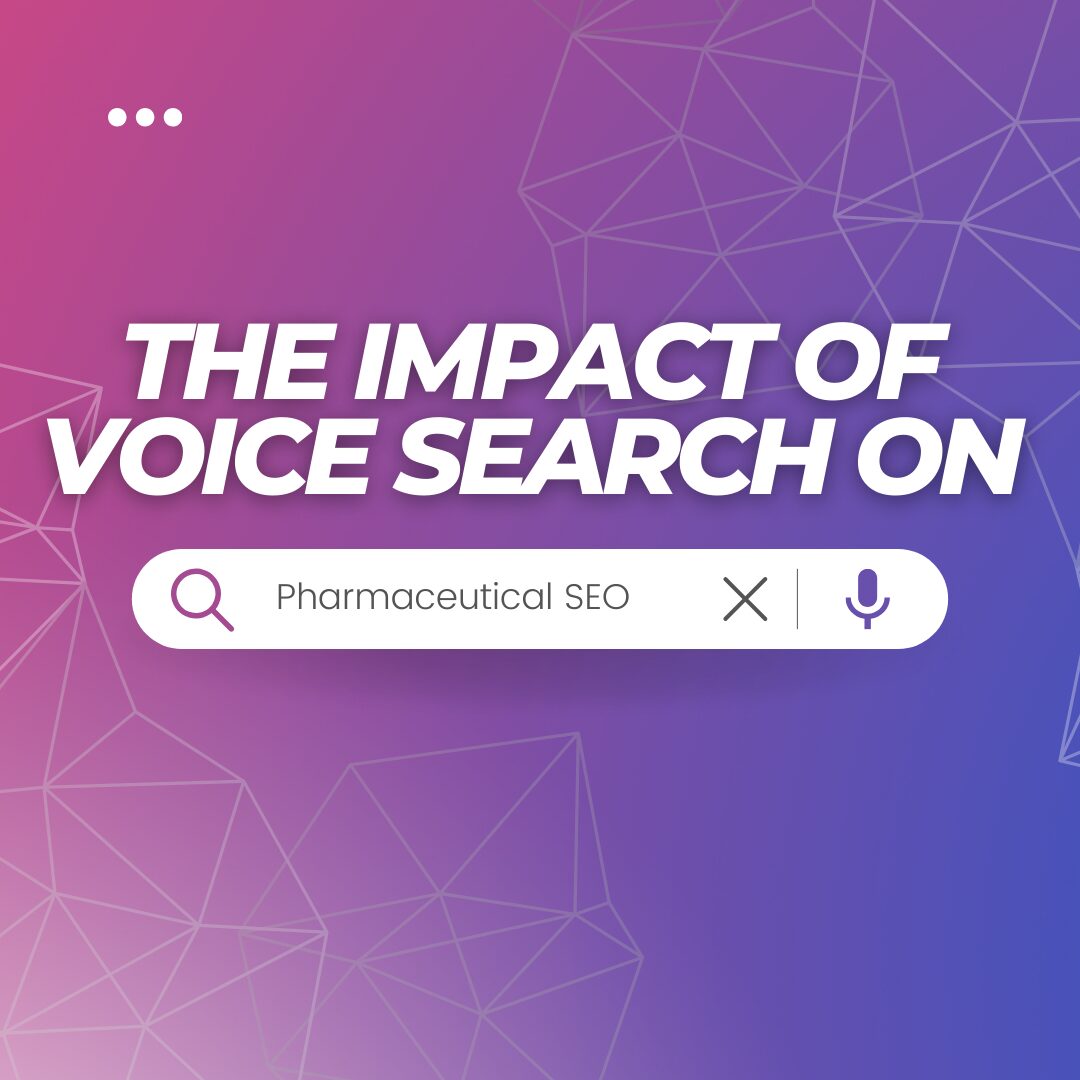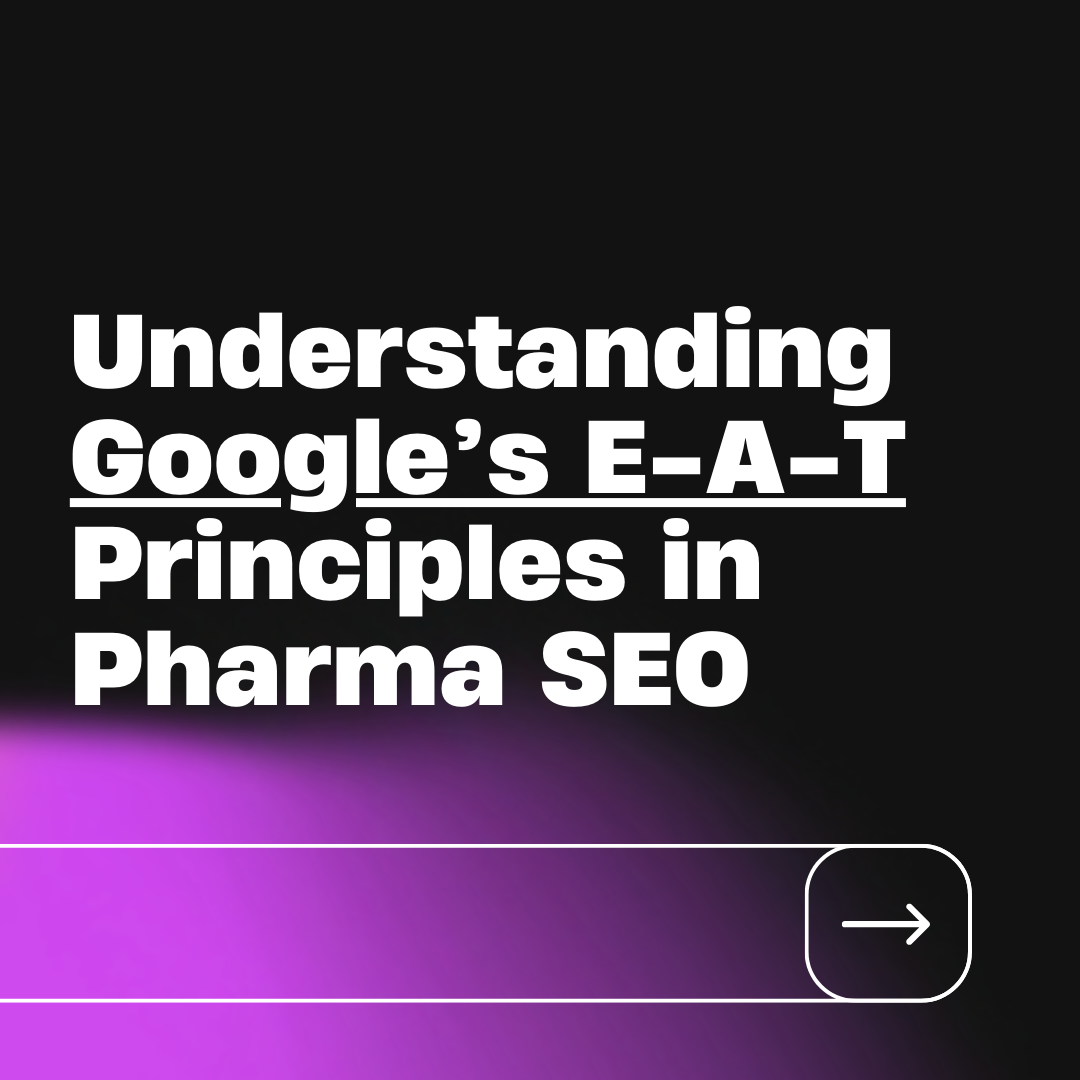In the digital age, search engine optimization (SEO) has become a cornerstone of effective digital marketing strategies across various industries. By enhancing the visibility of websites in search engine results, SEO plays a pivotal role in driving organic traffic, building brand awareness, and establishing a robust online presence. This strategic advantage is particularly critical in sectors where the stakes are high and the competition is intense, such as the pharmaceutical industry.
For pharmaceutical companies, SEO isn’t just about gaining more website visits; it’s about connecting vital healthcare information and products with those who need them the most. In an industry heavily reliant on trust and credibility, effective SEO ensures that accurate, useful information reaches the right audience at the right time. This is especially important in a landscape where regulatory compliance and the precise communication of scientific data are paramount. Through tailored SEO strategies, pharmaceutical firms can significantly enhance their engagement with healthcare professionals and patients alike, fostering an environment of informed decision-making based on reliable content that ranks well on search engines.
Key Components of SEO for Pharmaceuticals
SEO for the pharmaceutical industry encompasses a range of strategies designed to enhance online visibility and ensure compliance with stringent industry standards. Here are three fundamental components that form the backbone of effective SEO in this sector:
Technical SEO
Technical SEO is the foundation that helps pharmaceutical websites perform well and remain accessible to both search engines and users. For a pharmaceutical company, this includes ensuring that the website is fast, mobile-friendly, and secure—key factors in providing a positive user experience and meeting search engine criteria.
Additionally, a well-structured website with a logical hierarchy aids in better indexing by search engines. Important elements such as XML sitemaps, robots.txt files, and proper use of canonical tags are crucial in preventing duplicate content issues, especially when dealing with product descriptions and regulatory information.
Content Marketing
Content marketing in the pharmaceutical industry must strike a balance between engaging and informative content and strict adherence to regulatory guidelines. High-quality content that educates and informs patients, healthcare providers, and other stakeholders about drugs, therapies, and medical conditions is essential. This includes creating detailed drug information pages, blog posts on recent research findings, and articles about the uses and benefits of products.
The content should be optimized for relevant keywords without compromising the scientific accuracy or regulatory requirements. It’s also vital to ensure that the content demonstrates expertise, authority, and trustworthiness (E-A-T), which are highly valued by search engines in health-related searches.
Off-page SEO
Off-page SEO for pharmaceuticals involves building the authority of your website through quality backlinks and positive user engagement signals. In this industry, the quality of backlinks is particularly important due to the need for credibility and trust. Gaining backlinks from reputable medical journals, health information sites, and industry associations can significantly boost a site’s authority.
Additionally, managing online reputation through patient forums and review sites, and engaging on social media platforms can also contribute to the off-page SEO strategy. These efforts help in portraying the company as a reputable and trustworthy source of information and products.
Benefits of SEO in Pharmaceutical Marketing
Implementing a robust SEO strategy in pharmaceutical marketing offers several compelling benefits that can significantly impact a company’s market presence and its ability to communicate effectively with its target audience. Here are some of the primary benefits:
Increased Visibility and Organic Search Traffic
SEO helps pharmaceutical websites appear at the top of search engine results for relevant queries, which is crucial in a highly competitive market. By targeting specific keywords related to their products and services, companies can attract more visitors who are actively seeking that information.
Increased visibility leads to increased organic traffic, which is not only cost-effective compared to paid advertising but also tends to draw in a more engaged audience. This higher level of traffic is essential for reaching more healthcare professionals and patients, ultimately expanding the company’s reach in its target market.
Better User Engagement and Conversions
Effective SEO strategies enhance the user experience by ensuring that websites are fast, easy to navigate, and informative. By optimizing the website layout, content structure, and call-to-action placements, pharmaceutical companies can keep visitors engaged longer, reducing bounce rates and encouraging them to explore more content.
This improved engagement is crucial for guiding visitors through the customer journey—from awareness to decision-making—potentially leading to higher conversion rates, whether that means more inquiries, newsletter sign-ups, or direct sales.
Enhanced Credibility and Trust
In the pharmaceutical industry, trust is a critical factor. SEO enhances credibility by ensuring that your company’s content not only ranks well but is also authoritative and trustworthy. Ranking higher on search engines like Google often correlates with perceived trustworthiness by users.
Additionally, by maintaining consistent, factual, and up-to-date content that adheres to SEO best practices, pharmaceutical companies can establish themselves as authoritative sources of information. This reputation is bolstered by high-quality backlinks from reputable sites within the medical and healthcare industry, further enhancing the trust potential customers have in the brand.
Challenges and Considerations
Implementing SEO in the pharmaceutical industry comes with unique challenges and considerations that must be carefully managed to ensure effectiveness and compliance.
Adherence to Regulatory Standards
One of the biggest challenges in pharmaceutical SEO is navigating the complex web of regulatory standards. Companies must comply with regulations from bodies like the FDA (Food and Drug Administration) in the U.S. or the EMA (European Medicines Agency) in Europe, which set strict guidelines on how medical products can be marketed and communicated. These regulations affect what can be said about a product, how it can be said, and where it can be said, requiring a high level of diligence and accuracy in content creation and distribution. SEO strategies must be crafted to enhance visibility while strictly adhering to these guidelines to avoid potential legal repercussions.
Handling Sensitive Health-Related Information
Dealing with sensitive health-related information responsibly is another critical consideration. The information presented must be accurate, backed by science, and presented in a way that is helpful without being misleading. It is essential to respect patient confidentiality and privacy, especially when handling user data or engaging with users directly through digital platforms. Ensuring that all SEO practices protect user data and uphold the highest standards of privacy and security is crucial to maintaining trust and credibility.
Conclusion
The importance of SEO in pharmaceutical marketing cannot be overstated. By increasing visibility, enhancing user engagement, and building trust and credibility, SEO helps pharmaceutical companies reach and educate their target audiences more effectively. However, the benefits come with the responsibility of adhering to strict regulatory standards and handling sensitive information with care.
As companies navigate these challenges, the focus must always be on maintaining ethical standards and compliance, which are just as crucial as any SEO technique. With a well-rounded approach, pharmaceutical companies can leverage SEO not just to improve their online presence but to make a meaningful impact on the health and well-being of their consumers.


